Het arrangement Malala h45 is gemaakt met Wikiwijs van Kennisnet. Wikiwijs is hét onderwijsplatform waar je leermiddelen zoekt, maakt en deelt.
- Auteur
- Laatst gewijzigd
- 11-05-2025 22:16:39
- Licentie
-
Dit lesmateriaal is gepubliceerd onder de Creative Commons Naamsvermelding-GelijkDelen 4.0 Internationale licentie. Dit houdt in dat je onder de voorwaarde van naamsvermelding en publicatie onder dezelfde licentie vrij bent om:
- het werk te delen - te kopiëren, te verspreiden en door te geven via elk medium of bestandsformaat
- het werk te bewerken - te remixen, te veranderen en afgeleide werken te maken
- voor alle doeleinden, inclusief commerciële doeleinden.
Meer informatie over de CC Naamsvermelding-GelijkDelen 4.0 Internationale licentie.
Aanvullende informatie over dit lesmateriaal
Van dit lesmateriaal is de volgende aanvullende informatie beschikbaar:
- Toelichting
- Deze les valt onder de arrangeerbare leerlijn van de Stercollectie voor Engels voor havo, leerjaar 4 en 5. Dit is thema 'Heroes'. Het onderwerp van deze les is: Malala. Deze les gaat over Malala Yousafzai. Zij is een activiste uit Pakistan voor vrouwelijke educatie en zij is de jongste Nobelprijs laureaat.
- Leerniveau
- HAVO 4; HAVO 5;
- Leerinhoud en doelen
- Engels;
- Eindgebruiker
- leerling/student
- Moeilijkheidsgraad
- gemiddeld
- Studiebelasting
- 4 uur 0 minuten
- Trefwoorden
- activiste, arrangeerbaar, engels, h45, malala, malala yousafzai, nobelprijs, stercollectie, vrouwelijke educatie

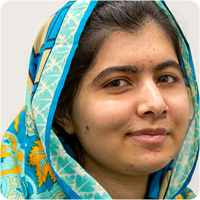 The subject of this lesson is 'Malala'.
The subject of this lesson is 'Malala'.


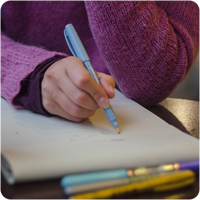 Reading, speaking and thinking
Reading, speaking and thinking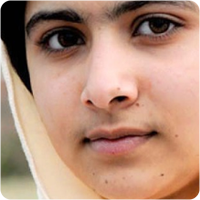 Profile: Malala Yousafzai
Profile: Malala Yousafzai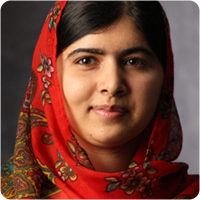 Words
Words
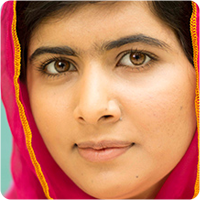 Video watching
Video watching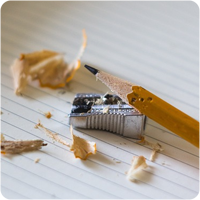 Task: Summary Writing
Task: Summary Writing
 Fill in the schedule and answer the questions below.
Fill in the schedule and answer the questions below.